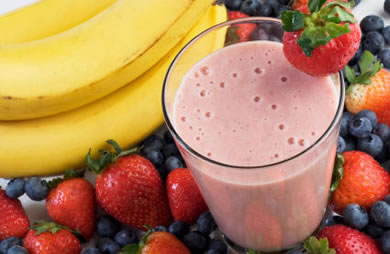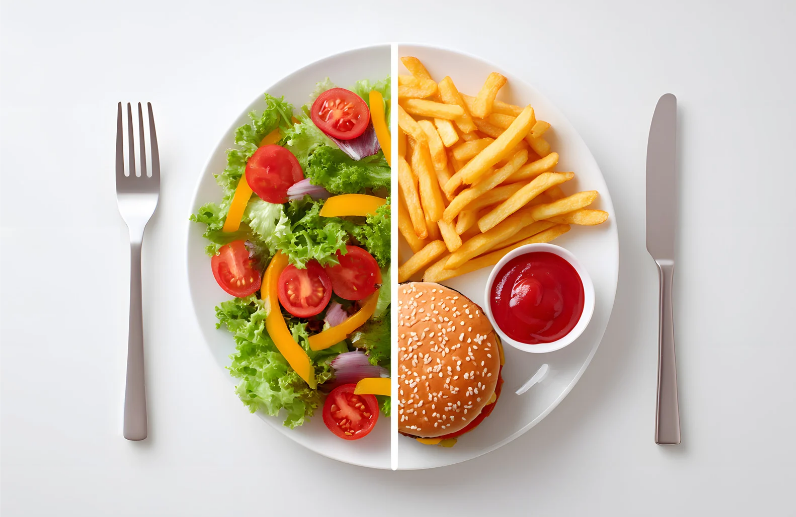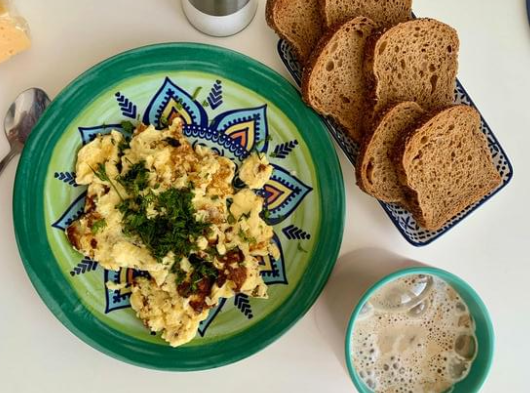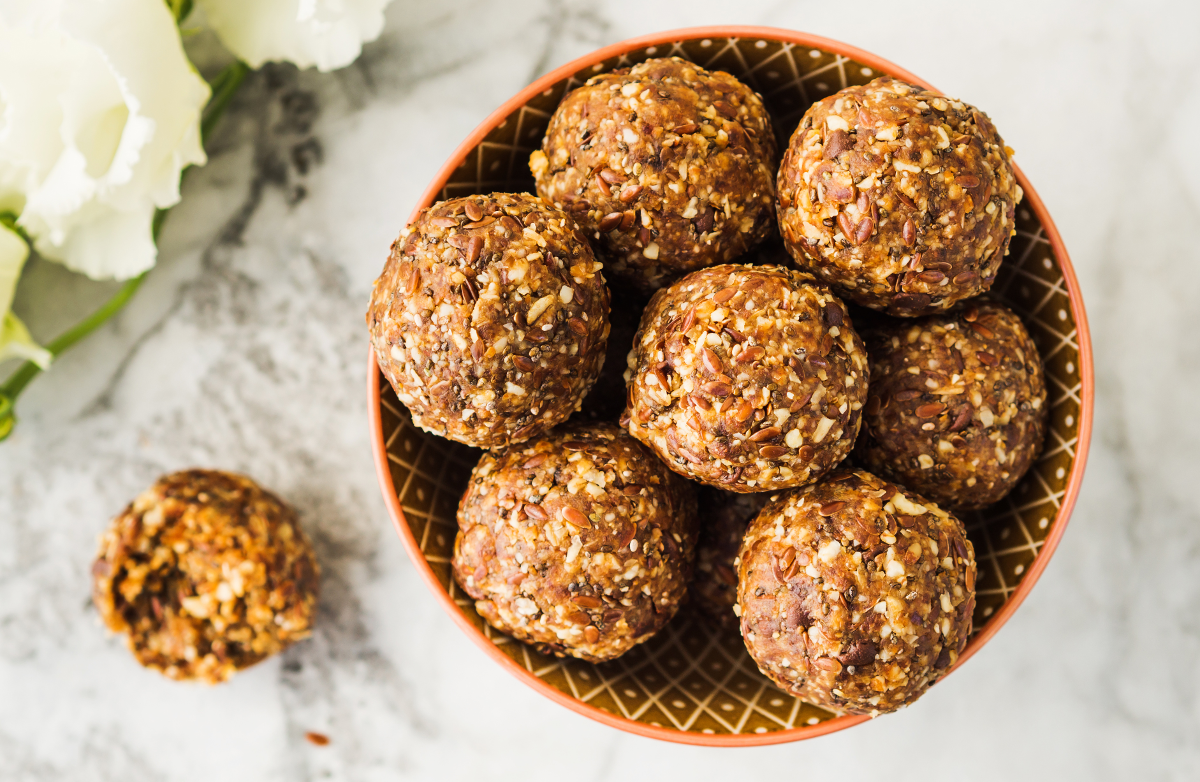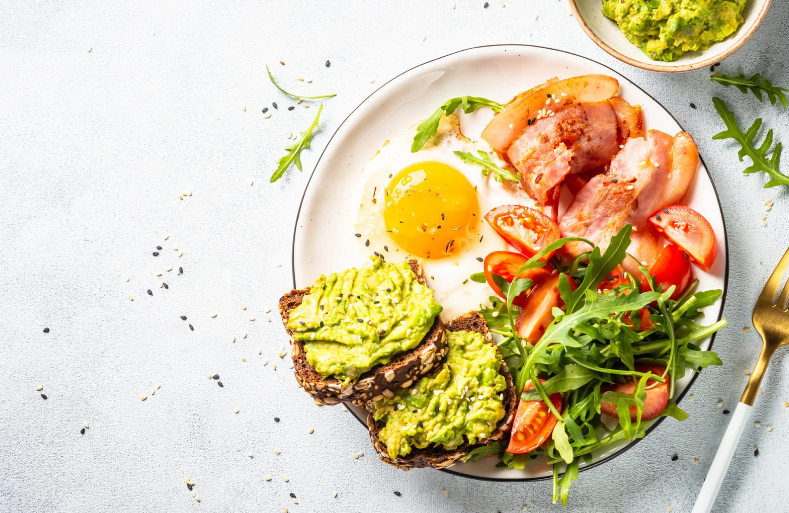Switching to a vegetarian lifestyle can feel exciting, energizing—and yes, sometimes a little intimidating, especially when it comes to getting enough protein. As a health coach, I often hear questions like: “Isn’t plant protein incomplete?” or “How can I build muscle without meat?”
The good news? A well-planned vegetarian diet can absolutely meet your protein needs and support your energy, muscle tone, and overall wellness.
Let’s bust some myths, explore powerful plant-based proteins, and help you feel confident on your vegetarian journey.
Plant-Based Protein 101
Protein is made up of amino acids—some of which your body can’t make on its own. You may have heard that animal products are “complete” proteins, meaning they contain all nine essential amino acids. While most plant proteins are considered “incomplete,” eating a variety of plant foods over the day easily provides all the aminos you need—no complicated food combining required (Academy of Nutrition and Dietetics, 2016).
The bonus? Most plant-based proteins also bring along fiber, antioxidants, and anti-inflammatory compounds that support long-term health (Satija et al., 2016).
Top Vegetarian Protein Sources
Here are some key food groups to focus on—and easy ways to work them into your meals.
Nuts & Nut Butters
Nuts pack a protein punch, plus heart-healthy fats and fiber. Keep portions mindful—an ounce a day is plenty.
Try this:
Add almonds or cashews to a stir-fry
Spread almond or peanut butter on whole-grain toast
Toss walnuts into salads or oatmeal
1 oz almonds = 6g protein (USDA, 2024)
Seeds & Seed Butters
Small but mighty! Hemp, chia, pumpkin, sunflower, and flax seeds provide protein, minerals, and omega-3s.
Try this:
Add hemp seeds to smoothies or yogurt
Sprinkle chia or flax on oatmeal or baked goods
Enjoy sunflower seed butter on fruit or whole grain crackers
3 tbsp hemp seeds = ~10g protein (USDA, 2024)
Legumes (Beans, Lentils & Peas)
These budget-friendly protein superstars also offer iron, fiber, and B vitamins.
Try this:
Make lentil tacos or bean chili
Add chickpeas to salads or soups
Whip up a quick hummus or black bean dip
1 cup cooked lentils = 18g protein (USDA, 2024)
Whole Grains
Yes—grains like quinoa, oats, bulgur, and farro contribute meaningful protein!
Try this:
Swap rice for quinoa in bowls or stir-fries
Cook oatmeal with soy milk and top with seeds
Choose sprouted grain or whole wheat bread
1 cup cooked quinoa = 8g protein (USDA, 2024)
Dairy & Eggs (For Lacto-Ovo Vegetarians)
If your vegetarian style includes eggs and dairy, they’re rich in high-quality protein and bone-building nutrients.
Try this:
Snack on low-fat Greek yogurt with berries
Cook scrambled eggs with spinach and mushrooms
Sprinkle cheese on grain bowls or casseroles
1 large egg = 6g protein | 6 oz Greek yogurt = 15–18g protein (USDA, 2024)
Soy & Plant-Based Alternatives
Tofu, tempeh, edamame, and soy milk are complete proteins. Choose minimally processed soy foods for maximum benefits.
Try this:
Stir-fry tofu with veggies
Add tempeh to grain bowls
Snack on edamame with sea salt
4 oz tempeh = 21g protein | 1 cup edamame = 18g protein (USDA, 2024)
Do You Need to Track Your Protein?
Not necessarily. Most vegetarians meet their protein needs through varied meals and snacks. Aim for protein at each meal to help support muscle repair, immune health, and satiety. For most adults, a general guideline is 0.8g of protein per kg of body weight—more if you’re active, pregnant, or over age 65 (NIH, 2023).
What About Supplements?
If you're cutting out major food groups (like dairy or eggs), or if you're not sure you're meeting your nutrient needs, it’s wise to work with a registered dietitian. They can help you fine-tune your intake and identify any gaps in protein, iron, B12, calcium, or omega-3s—nutrients some vegetarians may fall short on (Craig, 2009).
Final Thought from Your Health Coach
Eating more plant-based protein isn’t just doable—it’s delicious, empowering, and packed with benefits for your body and the planet. Focus on variety, enjoy your food, and remember: healthy eating isn’t about being perfect—it’s about nourishing yourself in ways that feel sustainable and satisfying.
References
Craig, W. J. (2009). Health effects of vegan diets. American Journal of Clinical Nutrition, 89(5), 1627S–1633S. https://doi.org/10.3945/ajcn.2009.26736N
Satija, A., et al. (2016). Plant-based diets and incidence of type 2 diabetes in US men and women: Results from three prospective cohort studies. PLOS Medicine, 13(6), e1002039. https://doi.org/10.1371/journal.pmed.1002039
Academy of Nutrition and Dietetics. (2016). Position of the Academy: Vegetarian Diets. https://doi.org/10.1016/j.jand.2016.09.025
National Institutes of Health (NIH). (2023). Protein: What is it and how much do you need? https://www.niams.nih.gov/health-topics/nutrition
USDA FoodData Central. (2024). https://fdc.nal.usda.gov/





